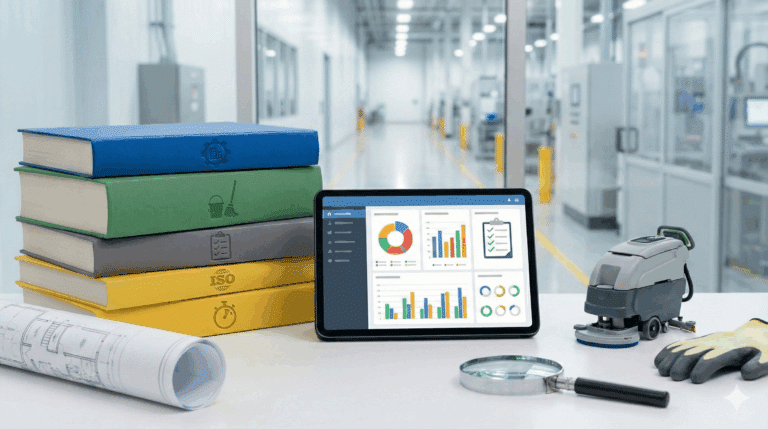Have you ever heard about Software as a Service? Probably it’s a concept you’ll hear at your company quite often in the next few years.
A branch of cloud computing, Software as a service (SaaS) is a new distribution model that is rapidly gaining popularity with businesses all over the world. These services lets businesses and consumers lease a particular piece of software from a third-party supplier, who delivers it over a network connection — most commonly the Internet.
The supplier takes care of the maintenance service, the daily operation and the software support used by the customer. Regularly the software can be accessed in any computer or smartphone (if it includes a platform for mobile apps), whether it’s at the workplace or not.
Software as a Service currently cover a wide range of possibilities and provide a complete solution, since beside the basic cloud processing also apps for different services and functionalities can be installed in order to improve the inner work and experiences for users and companies, and for citizens as well. As with other examples of cloud computing, this provides a number of benefits in terms of flexibility, scalability and affordability, which is why it is hardly surprising that many businesses have been willing to embrace SaaS. In fact, global SaaS revenues are expected to grow 21 percent year over year to $106 billion in 2016. In addition, according to Information Week, approximately 28% of human capital management systems used worldwide will be SaaS-based by 2019, up from 13% in 2014. Other enterprise systems look like they’re headed in a similar direction.
To understand what the new model brings in terms of advantages to companies, the following list can be helpful, thanks to BetaNews:
1. Affordability.
Because SaaS sees businesses lease rather than own software, the pricing model is radically different. Instead of a one-off charge, organizations pay an ongoing subscription fee, usually on a month-by-month basis, dependent on the number of users. By eliminating their CAPEX costs, software-as-a-service has allowed smaller businesses to have access to applications that they may previously have been unable to afford. Because costs are paid in predictable monthly installments, they are also easy to manage, which prevents IT budgets from getting overly complicated.
2. Time savings.
Rather than businesses having to install, manage and configure software themselves, the cloud vendor handles all these administrative duties, meaning that staff can get on with more important aspects of their job. Also, because the third-party supplier is responsible for updates and patches, organizations do not have to worry about whether software is outdated. Updates are more frequent and incremental when using a cloud supplier, meaning more thorough software maintenance is achieved.
3. Mobility.
A major benefit of cloud computing generally, SaaS offers businesses much greater mobility than with traditional software offerings. Because applications are accessed over an Internet connection, they can be used across any compatible device in any location. This means employees have the freedom to work wherever and whenever they need to, allowing them to be productive while on the move. With more and more devices entering the workplace, from smartphones to IoT products, the need to access software across multiple devices is growing. Software as a Service for mobile devices also allow offline work, and the information is uploaded and sent when there is a connection available.
4. Scalability.
Another major benefit of software-as-a-service is the way in which it is easily and rapidly scalable. Instead of having to purchase more licenses and potentially upgrade your server capacity, businesses simply adjust their subscription if they need to scale the amount of software users up or down. This is hugely beneficial for businesses that experience rapid, unexpected growth or those that employ contract workers during periods of peak demand.
Thanks to SaaS a world of benefits are on offer, which could give your organization the competitive edge to overcome its rivals.
DataScope is a platform which allows various industries to streamline, organize and evaluate the work of their field staffs thanks to online forms which provide real time indicators 100% adaptable to any field.







